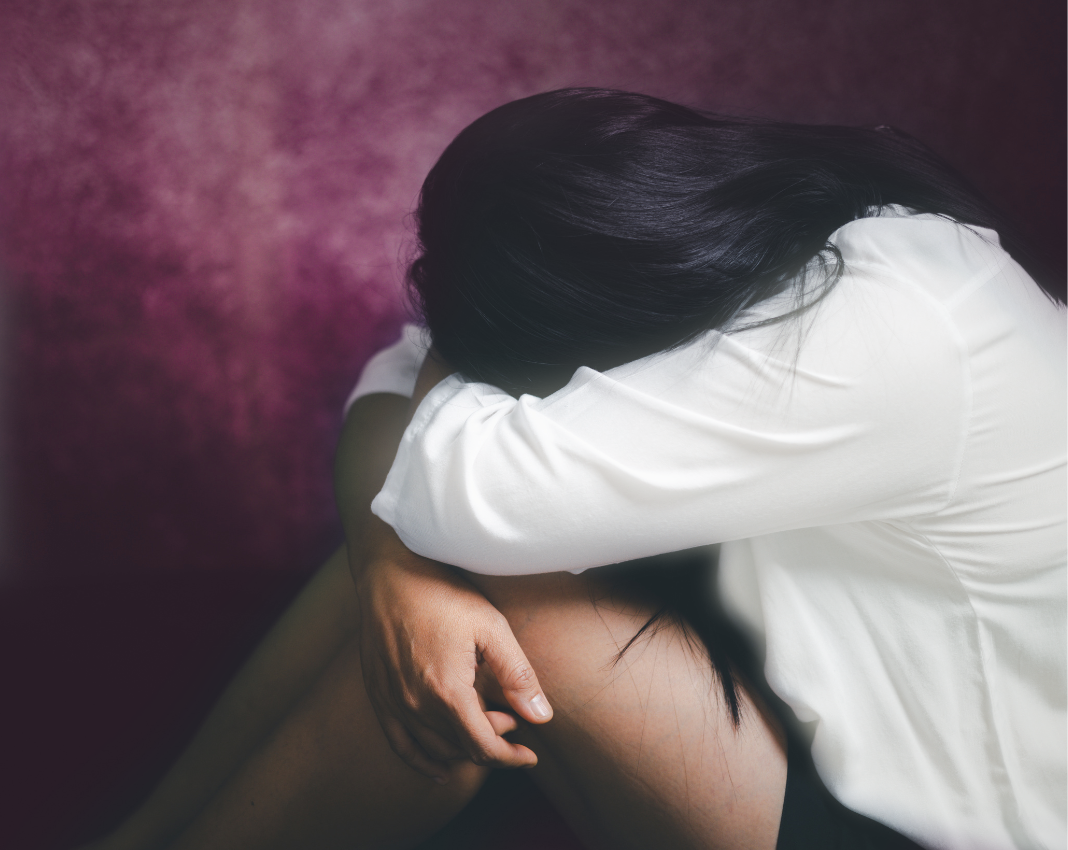Every child deserves a safe and supportive environment. If you suspect a child or teenager is being abused or neglected, knowing how to take action can make a life-changing difference. This guide explains what juvenile abuse is, who can report it, the steps to take, and the protections you have when making a report in the United States.
We can help answer your questions and connect you with an attorney if you may have a case.
Write down as much information as you can:
If a child is in immediate danger: Call 911.
For non-emergencies anywhere in the U.S.: Call the Childhelp National Child Abuse Hotline: 1-800-4-A-CHILD (1-800-422-4453)
The hotline is available 24/7, confidential, and offers support in over 170 languages. Hotline counselors can connect you to local Child Protective Services and provide guidance for your specific state.
You can also search for your state’s reporting numbers and agencies at childwelfare.gov
Calls can be made anonymously.
Once you make a report, Child Protective Services (CPS) or a local child welfare agency will review your information. If needed, an investigation will be opened. You may be contacted for additional details, especially if you are a mandated reporter. All reports are confidential.
Confidentiality: Your identity is protected by law in all 50 states. You may report anonymously, but providing your name can help with follow-up questions.
Immunity: If you report suspected abuse in good faith, you are protected by law from civil or criminal liability, even if the report turns out to be unfounded.
Call 911 if a child is in immediate danger. Otherwise, use the Childhelp hotline or your local CPS agency to report concerns 24/7.
Protecting children is everyone’s responsibility. If you’re worried, don’t wait—make the call. Your actions can help keep a child safe and get them the support they need.
Juvenile abuse includes any harm, mistreatment, or neglect of a young person under 18 by a parent, caregiver, or other responsible adult.
If you notice these signs, trust your instincts and take action.
Anyone who suspects juvenile abuse or neglect can make a report. In the United States, certain professionals are “mandated reporters” and legally required to report suspected abuse, while all adults are encouraged to speak up if they have concerns.
Mandated Reporters may include:
You do not need proof—only a reasonable suspicion that abuse or neglect may be occurring.
For more information or support, contact your local Child Protective Services office, visit the Child Welfare Information Gateway, or call the Childhelp National Child Abuse Hotline.
You’ve carried this long enough. Let us help you carry it from here. Call for a private consultation or submit your information securely online.
